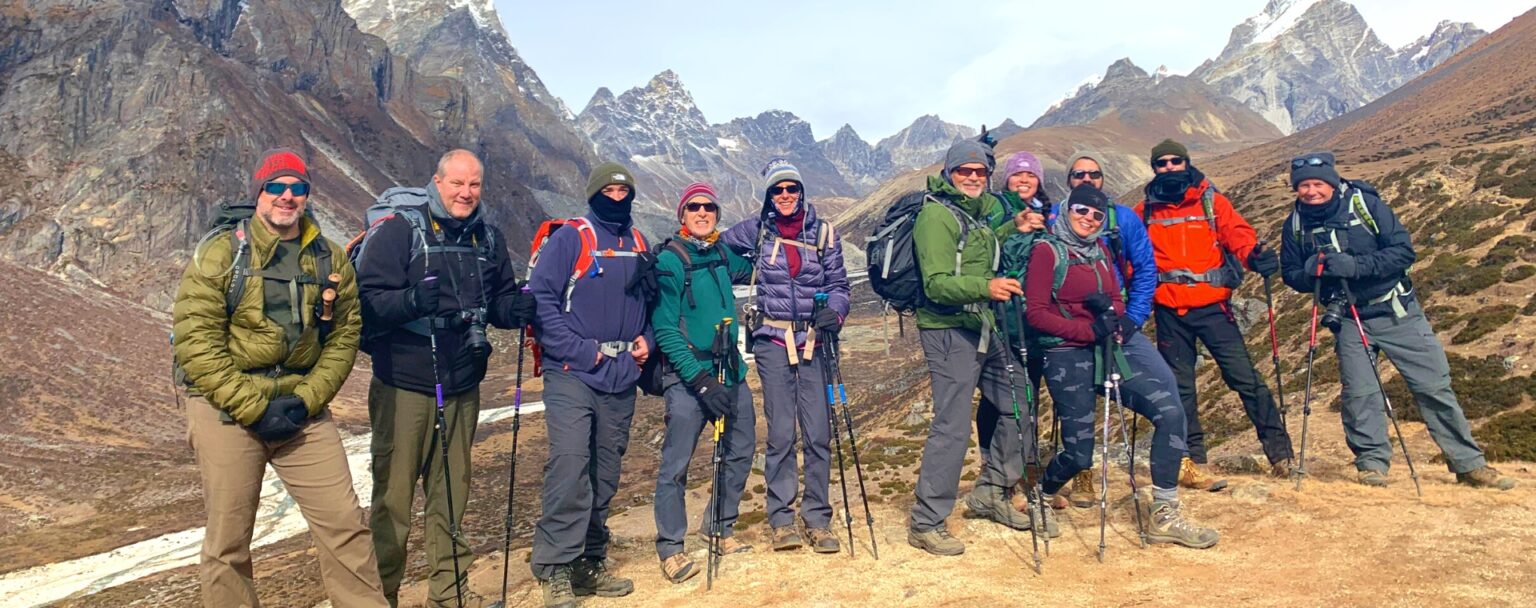Mountain trekking offers an incredible opportunity to explore the beauty of nature, challenge yourself physically, and take in stunning landscapes. However, navigating mountain trails can be tricky and even dangerous without the right guidance. This is where mountain trekking guides come in. These professionals have the experience and expertise to ensure that you safely enjoy your trekking adventure, whether you’re hiking through the Himalayas, the Alps, or any other mountainous region.
In this article, we’ll look at the key benefits of hiring a mountain trekking guide and what to consider when choosing the right one for your trekking trip.
What Exactly Does a Mountain Trekking Guide Do?
A mountain trekking guide is a trained expert who knows the ins and outs of the trekking route, local terrain, and the safety measures required to complete a mountain trek. These guides have years of experience trekking in specific mountain ranges and are well-versed in providing both logistical and emotional support during your journey. A guide is your companion who will ensure that you stay on track, stay safe, and fully enjoy your trekking experience.
Why Should You Hire a Mountain Trekking Guide?
- Expert Navigation and Knowledge
A major advantage of hiring a mountain trekking guide is their expertise in the terrain. Mountain trekking can be challenging, especially in areas with unclear trails, unpredictable weather, or difficult conditions. A guide can steer you along the safest routes, point out landmarks, and help you avoid potential dangers, making sure you reach your destination safely
- Enhanced Safety and Emergency Support
Trekking in the mountains comes with inherent risks. With a qualified guide by your side, you can rest assured that safety comes first. Guides are trained to handle emergency situations, whether it’s bad weather, injuries, or altitude sickness. They also carry essential gear and know exactly what to do if things go wrong.
- Cultural Insights and Local Expertise
Many trekking routes pass through villages and regions rich in culture and history. A local guide can provide valuable insights into the culture, customs, and traditions of the areas you’ll pass through, enriching your experience. Their local knowledge adds an extra layer of depth to your journey, beyond just the physical aspects of trekking.
- Motivation and Support
Trekking can be mentally and physically exhausting, and it’s easy to lose motivation along the way. A guide provides much-needed encouragement, helping you push through tough spots. They are also experts in pacing the group, ensuring you don’t overexert yourself while maintaining steady progress.
- Customized Trekking Experience
Every trekker has different goals, whether it’s capturing stunning photographs, reaching a specific summit, or simply enjoying a scenic walk. A good guide will tailor the trekking experience to match your interests, fitness level, and goals, making your journey more personal and enjoyable.
How to Choose the Right Mountain Trekking Guide
When selecting a mountain trekking guide, it’s important to make sure they meet certain criteria to ensure both your safety and satisfaction. Here are a few things to consider:
- Professional Certification and Experience
A qualified guide should be certified by a recognized body in trekking or mountaineering. This certification ensures that the guide has the necessary skills and training to handle various trekking scenarios. Additionally, it’s best to look for someone with experience in the specific mountain range you’re trekking in, as local knowledge is crucial.
- Check Reviews and Recommendations
Before hiring a guide, check reviews and recommendations from previous trekkers. Positive feedback about a guide’s ability to lead, communicate, and ensure a safe trip is essential. You can also ask for recommendations from friends or fellow trekkers who have hired guides in the past.
- Safety Records and Preparedness
Make sure to ask the guide about their safety protocols. A reliable guide will have a clear safety plan, carry first-aid kits, and have emergency evacuation knowledge. Discuss any concerns you may have regarding safety before confirming your booking.
- Local Knowledge and Language Skills
A local guide has an advantage over others in that they are familiar with the area and speak the local language, which can be crucial in remote regions. Local guides can also offer the opportunity to interact with locals, visit hidden gems, and provide a more authentic experience.
- Personalized Services
Some trekkers may want more tailored services such as specific routes, specialized activities, or dietary considerations. A good guide will listen to your requirements and create a customized trekking experience that meets your needs and expectations.
Conclusion
Hiring a mountain trekking guide is one of the best decisions you can make for your trekking adventure. They bring the experience, local knowledge, and safety expertise necessary for an enjoyable, memorable, and safe trek. Whether you’re trekking in the mountains for the first time or are a seasoned hiker, a guide will enhance your journey by ensuring you stay safe, informed, and motivated throughout the trip. When choosing the right guide, make sure to consider their qualifications, experience, and ability to personalize the trek to meet your needs.In the end, a trekking guide is not just someone who leads the way—they are your companion, advisor, and support system in the mountains. So, before your next big adventure, take the time to find the right guide to ensure a smooth, unforgettable journey through the mountains.







